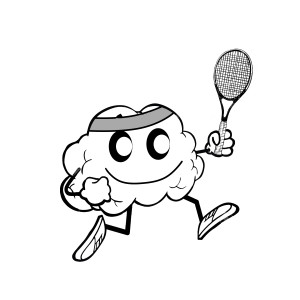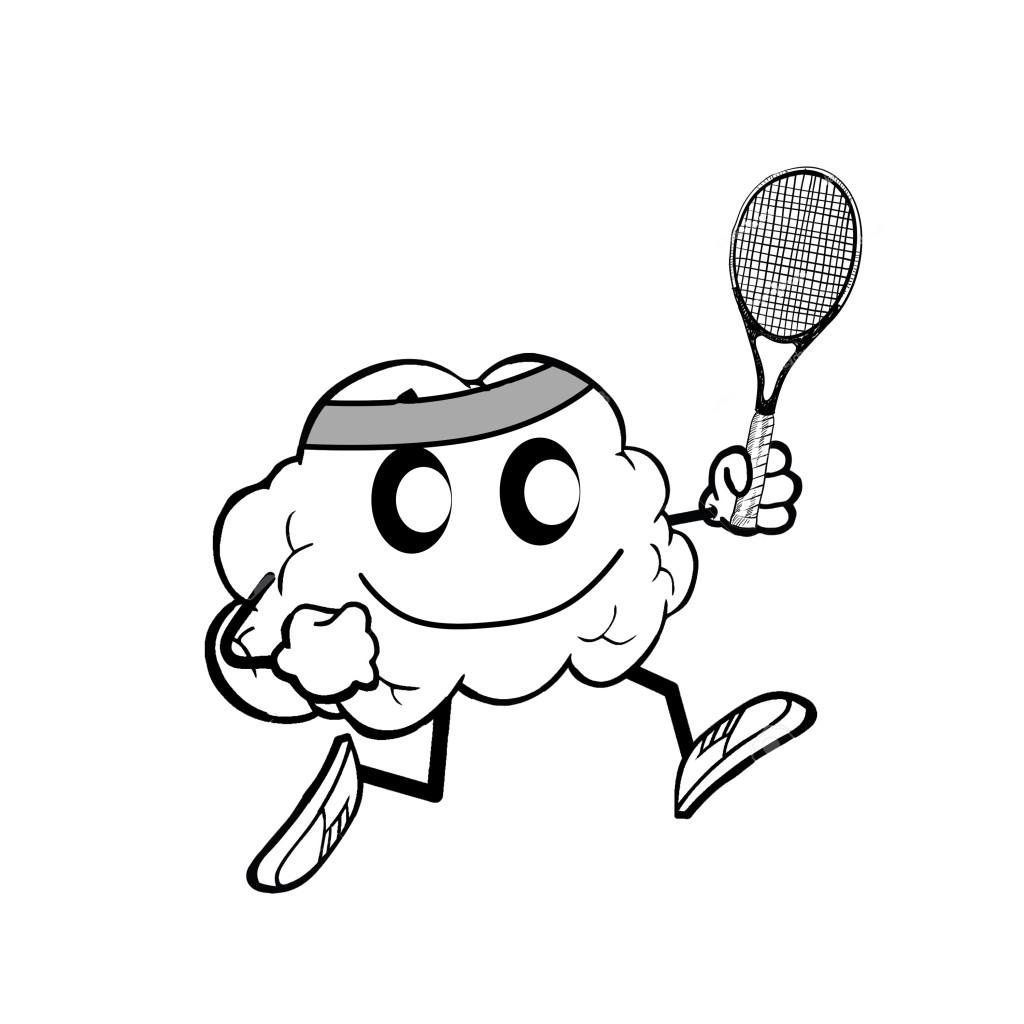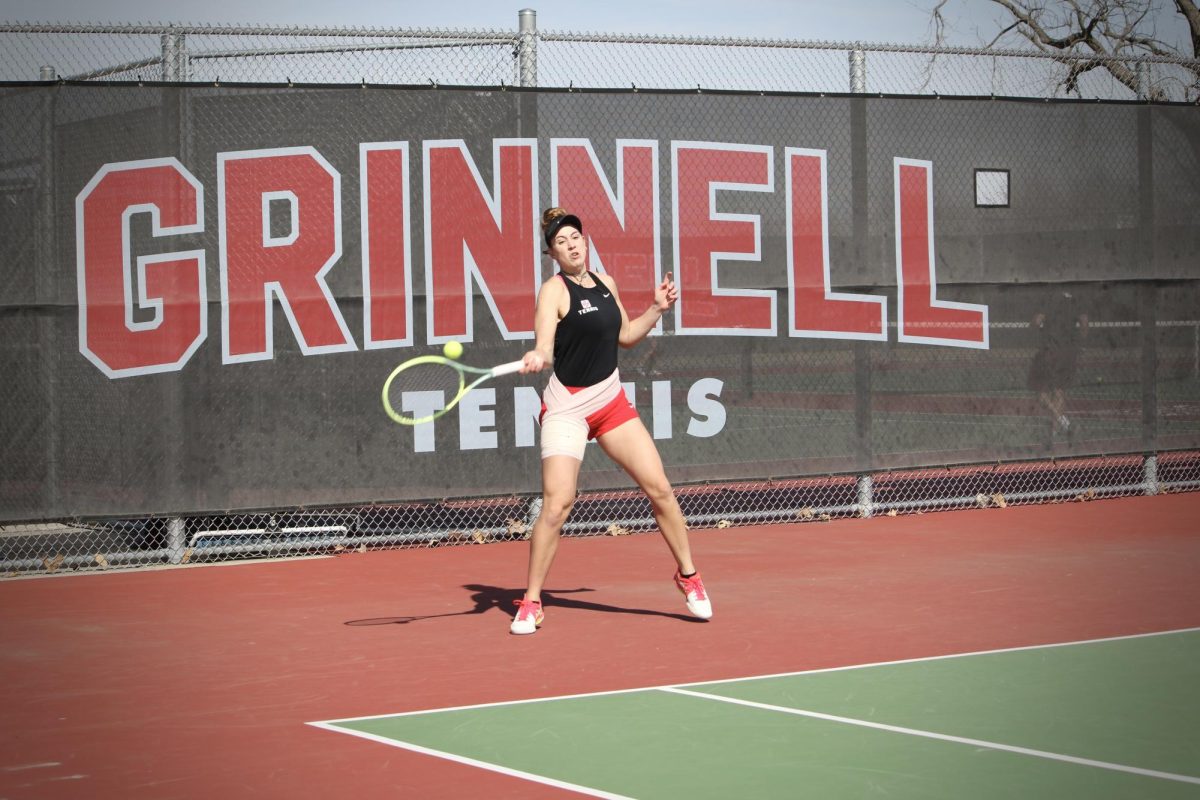Sam Catanzaro, Sports Editor
catanzar@grinnell.edu
 For some athletes, training revolves around lifting weights, shooting free throws and running laps. While this no doubt makes them stronger, it is only half of the practice process. For athletes across all sports, from the NBA to the Grinnell Pioneers, training the mind is just as important as training the body.
For some athletes, training revolves around lifting weights, shooting free throws and running laps. While this no doubt makes them stronger, it is only half of the practice process. For athletes across all sports, from the NBA to the Grinnell Pioneers, training the mind is just as important as training the body.
“In college you may have to do new things and for the athletes that do the best it’s not about physical skill, it’s about having a mindset that says, ‘I can learn that skill and I can get better,’ and I think the biggest challenge is cultivating that mindset,” said head volleyball coach Jackie Hutchison.
While being mentally strong is important whether one is a playing baseball or soccer, different sports require athletes to cultivate different mental skill sets. Kayla Morrissey ’18 is a member of both the softball and basketball teams and says that while both of these sports require a calm and relaxed mindset, it is easier to deal with blunders in basketball.
“I would say it is probably easier to cope with mistakes or an off shooting day in basketball because you can immediately make up for it in another way, such as by rebounding or playing good defense,” Morrissey said.
For Jp DeFranco ’18, a member of the golf team, part of dealing with mistakes and high-pressure situations is learning how to stay in the moment. Whether getting a hole-in-one or a double bogie, this means keeping emotions in check.
“You have to stay in the moment and focus 100 percent on the shot you are about to hit or you will not hit that next shot exactly how you want it,” DeFranco said. “If you make three birdies in a row you can’t get happy because then you’ll lose focus. If you make three bogies in a row you can’t get mad because then you’ll lose confidence in yourself.”
For Hutchison and the volleyball team, learning through mistakes in practice is the best way to maintain a calm mindset during the pressure of matches. Instead of reprimanding players for missing a shot, Hutchison says that reminding a player that they have the skills to make that shot is a more productive strategy. For her, the difference between a “good” and “bad” play is all in the head, and as a coach, it is her job to cultivate a positive mindset.
“More and more, what I think I am training is their mind. I need them to get stronger, I need them to jump high, but what they are really learning is how to be a learner,” Hutchison said. “I try to cultivate a more internal locus of control.”
Hutchison, DeFranco and Morrissey all agree that regardless of the sport, the mental challenges that all athletes must overcome are great perpetration for the real world. Hutchison sees no difference between an athlete being asked to play a new position and a person starting a new job that is outside of their comfort zone. For Morrissey, sports teach her ways to get rebounds from setbacks one faces off the court and field.
“Overcoming mental challenges in sports is all about getting back up,” Morrissey said. “The real world also demands that we pick ourselves up, whether we performed poorly on a test or had a bad day.”





























































